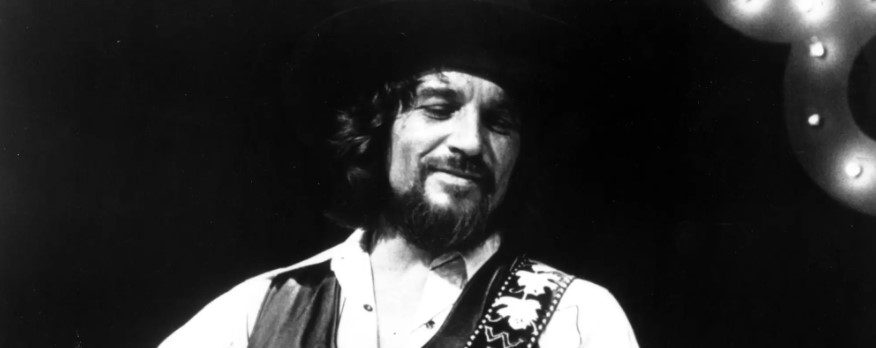
The Intimate Origins of “Mona”
Recorded in October 1973 and released in 1974 on Waylon Jennings’ iconic album This Time, “Mona” stands as a rare glimpse into the softer, more tender side of the legendary outlaw country artist. Unlike Jennings’ typical image of rugged rebellion, this track showcases his ability to convey deep emotional vulnerability through a delicate, whisper-like vocal delivery. Written by Jessi Colter, Jennings’ wife, under her birth name Miriam Eddy, the song offers a personal and intimate perspective on love and devotion, making it one of the most emotionally resonant songs in Jennings’ discography.
A Minimalist Arrangement with Maximum Impact
“Mona” is characterized by its minimalist acoustic guitar arrangement, which serves as the perfect canvas for Jennings’ expressive vocals. The simplicity of the instrumentation allows listeners to fully immerse themselves in the lyrical narrative, highlighting the sincerity and emotional depth of the composition. This stripped-down approach is a stark contrast to the energetic, rebellious tracks that defined the outlaw country movement, proving Jennings’ versatility as both a songwriter and a performer. Every note and pause is deliberate, creating a poignant sense of intimacy that resonates with fans even decades after its release.
The Lyrical Genius of Jessi Colter
Jessi Colter’s songwriting brilliance shines through in “Mona,” with lyrics that capture the quiet intensity of love and longing. By channeling personal experiences into her words, Colter provides a narrative that is at once specific and universal, allowing listeners to connect on a deeply emotional level. The song’s lyrical elegance complements Jennings’ heartfelt delivery, resulting in a performance that is both haunting and comforting, a rare combination in the landscape of 1970s country music.
Reception and Legacy
Though released as the B-side to the chart-topping single This Time, “Mona” did not achieve significant radio play, yet it has remained a beloved gem among Waylon Jennings fans. Its enduring appeal lies in its ability to reveal a dimension of Jennings rarely seen: the tender, introspective, and profoundly human side of the outlaw icon. Over time, “Mona” has become a testament to the emotional depth and artistic range of Jennings, solidifying its place as a classic that continues to inspire and move listeners around the world.
Why “Mona” Remains Essential Listening
“Mona” is more than just a song; it is a window into the heart of Waylon Jennings, offering a rare combination of lyrical sophistication, emotional resonance, and minimalist musical craftsmanship. For both longtime fans and new listeners, experiencing “Mona” provides insight into the complexity of Jennings’ artistry, reminding us that even the most iconic outlaws possess moments of quiet reflection and genuine tenderness. This track stands as an essential piece of the outlaw country canon, and its enduring legacy ensures that it will continue to captivate and inspire generations to come.